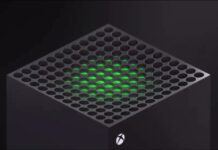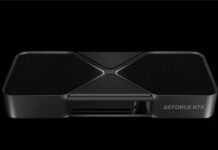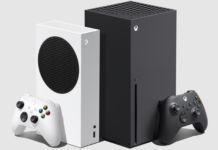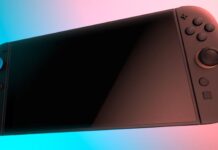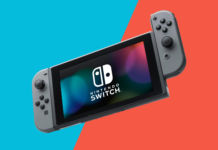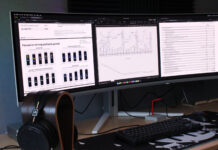Freescale and Samsung has announced that the two of them will work together to make LED backlighting even better and frequently occurring in Samsung products. The benefits of LED are many. They consume less power, are more environmental friendly, both in the making and the recycling, and not the least allows display manufacturers to make thinner monitors. Notebooks sporting displays with LED backlighting are becoming more and more common and we can only hope this will lead to even more of them.
Press release after the break;
MC34844 LED backlight driver IC chip
Freescale and Samsung Electronics Announce Collaboration on LED Display Technology
Freescale LED Driver ICs Complement Samsung’s Advanced LED Backlighting Technology
Freescale Technology Forum China
BEIJING—Freescale Semiconductor and Samsung Electronics, a world leader in display technology, have announced their collaboration to address the burgeoning market for energy-saving and environmentally friendly light-emitting diodes (LEDs).
“Freescale’s LED backlight driver technology is the industry’s most compact and integrated solution,” said Arman Naghavi, vice president and general manager of Freescale’s Analog, Mixed-Signal and Power Division. “Our collaboration with Samsung on LED backlighting – clearly a disruptive technology – will help spur further innovation and growth in the LCD market.”
Freescale began sampling its LED display technology to Samsung in December 2007. In September 2008, Freescale introduced the first LED backlight product in its portfolio of standard power management ICs. The white LED driver IC is designed for control of LED backlights in TVs, as well as in flat-panel monitors.
Since 2007, Samsung has successfully launched award-winning products featuring its ultra high-contrast active control LED backlight technology.
According to IMS Research, the market for semiconductors used in backlighting applications, including LED driver ICs, is expected to grow from $1.1 billion (USD) in 2008 to $2.0 billion in 2012.
“We expect the market for LED backlighting in notebooks, monitors and TVs to grow strongly,” said Jamie Fox, a market research analyst for IMS Research. “In notebooks in particular, rapid growth is widely expected from 2008 to 2010.”
Freescale plans to announce additional LED backlighting solutions for LCD TVs, monitors and notebooks in the first half of next year. Also in 2009, the company intends to pursue the automotive, commercial and residential LED lighting markets, which are expected to eventually dwarf the LCD TV market.
Energy-efficient, mercury-free
LED technology offers many advantages over conventional cold-cathode fluorescent lamp (CCFL) lighting systems, which are widely used in conventional LCD displays. Conventional LCD TVs without LED backlight technology are major energy consumers within households. LED backlights with local dimming can help reduce power consumption by up to 60 percent and can enable manufacturers to adopt thinner, lighter form factors.
LED backlighting also enhances the user viewing experience, offers more flexible backlight architectures and enables thinner display designs. Additional benefits of LED backlighting over conventional CCFL technology include higher efficiency (more light at a given power), reduced power consumption, enhanced durability and up to 100 times better contrast ratios for clearer definition on screen.
LED technology is free from mercury, a substance known to be toxic to humans. Mercury is a key material in CCFL lighting systems, which are used in 99 percent of existing LCD TV displays. In Europe, the European Directive on the Restriction of Use of Certain Hazardous Substances in Electronic (RoHS) has mandated that manufacturers must move to mercury-free solutions.
About Freescale Semiconductor
Freescale Semiconductor is a global leader in the design and manufacture of embedded semiconductors for the automotive, consumer, industrial, networking and wireless markets. The privately held company is based in Austin, Texas, and has design, research and development, manufacturing or sales operations in more than 30 countries. Freescale is one of the world’s largest semiconductor companies with 2007 sales of $5.7 billion (USD). www.freescale.com.


